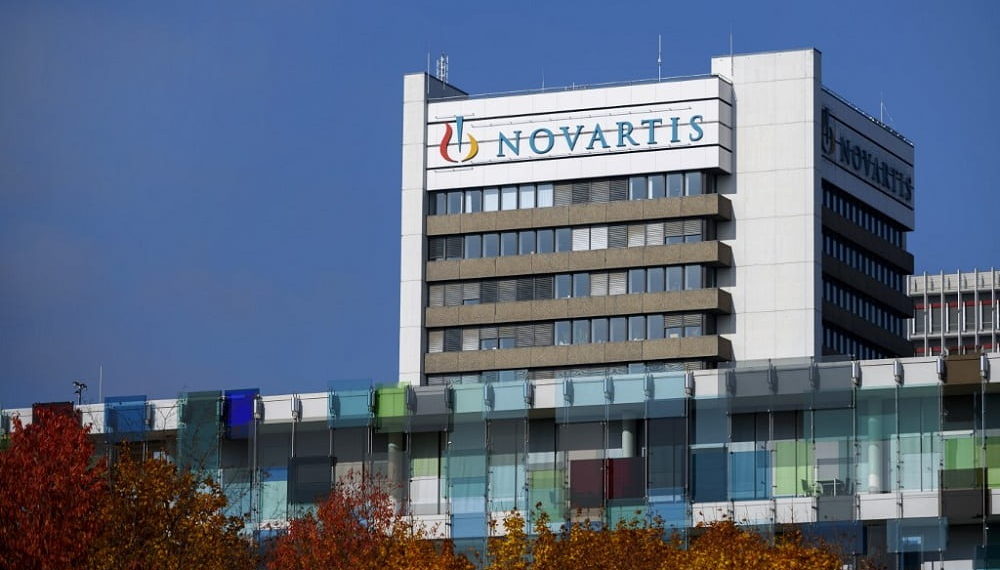Novartis has committed to investing $250 million in research and development over the next five years in an effort to find a cure for malaria and other neglected tropical diseases (NTDs). CEO Vas Narasimhan remarked in a statement that although there has been significant progress against NTDs over the past ten years, there is still much work to be done.
Although malaria is not an NTD, it still impacts 241 million people and claims the lives of hundreds of thousands of children every year. Approximately 1.7 billion people still suffer from NTDs worldwide, primarily in underdeveloped regions. Novartis will spend $100 million specifically on four NTDs. The work, which includes anti-parasitic treatments for Chagas disease (in partnership with Wellcome), a Phase II-ready candidate to cure visceral leishmaniasis, a Phase I drug for dengue disease, and a Phase I programme tackling cryptosporidium infection, will be spearheaded by the Novartis Institute for Tropical Diseases. With regard to the $150 million malaria project, Novartis aims to focus on three medication candidates that aim to counteract the growth of artemisinin resistance while also assisting in the creation of an improved formulation for newborns and infants weighing under 5 kg.
Novartis has contributed a number of key medications over the years, such as the parasitic flatworm treatment Egaten and a multidrug treatment for leprosy, and earlier pledged $100 million toward the eradication of malaria in 2018. Additionally, it has received vouchers for some of those therapies under the tropical disease priority review programme, which has sparked debate among proponents of global health.



















